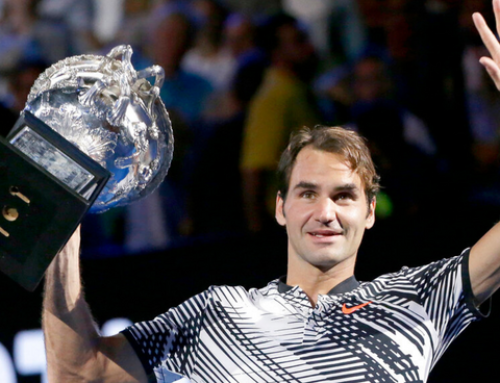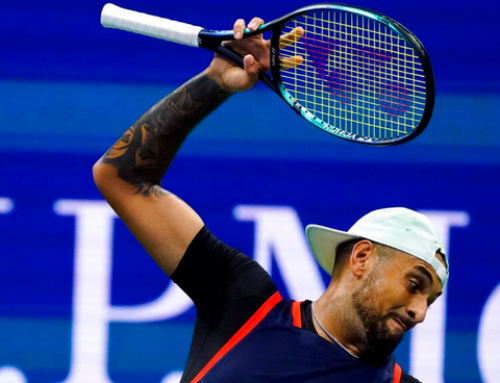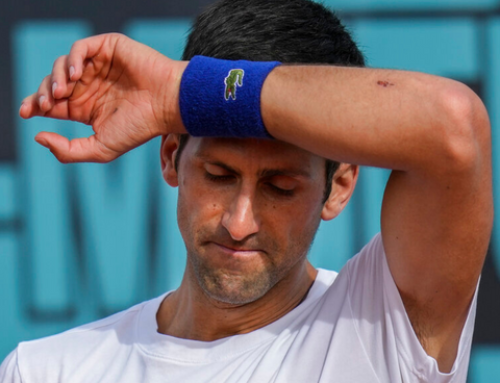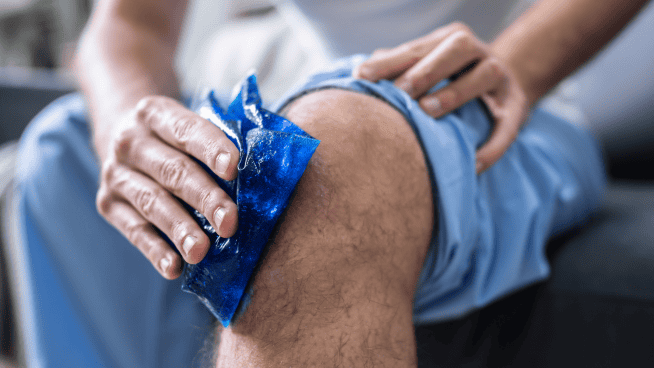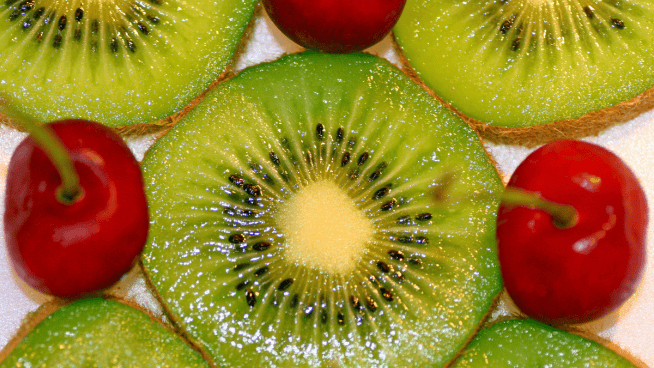Interview with James Blake
Last December, American tennis star James Blake, along with Andy Roddick and the Bryan brothers, brought the Davis Cup back home for the first time in 12 years. This was just one of many recent accomplishments for James, who’s been climbing the world rankings since recovering from a broken neck a few years ago. His bestselling book, Breaking Back: How I Lost Everything and Won Back My Life, documents how he dealt with and learned from that injury, the loss of his father and a serious illness, all to find happiness and reach the pinnacle of the tennis world. We sat down with James to talk about his new outlook on life, and how he’s prepping himself to take home his first major in ’08.
STACK: What’s your biggest source of motivation during a tough training session or match?
JB: It’s something my father always believed: that hard work gets you to the next level, no matter what your talent level, no matter what you’ve done before. Take what the next guy is doing and work harder. And for me, any time I don’t feel like getting up for practice or being in the gym, I think about how hard my father worked and how perfect an example he was for me to know that I need to work harder.
STACK: What’s been your most memorable on-court moment?
JB: Probably winning my first Davis Cup match. I beat Leander Paes in Winston-Salem, North Carolina, in 2001. It was just a month or two after 9/11, so there was an unbelievable patriotism in the air.
STACK: What’s your favorite on-court move to pull off against an opponent?
JB: When I get to a ball that someone thinks is by me—when they think they have the point won, and I end up turning that around and winning the point. It might [just be] one point; but I know it disheartens them, and it can hopefully get me many more points throughout the match, because they feel like they have to do too much with the next one.
STACK: You seem to be having more fun on the court recently. How has your perspective changed?
JB: My perspective on life has changed since 2004, when I had some tough times off the tennis court. [I] realized how much fun tennis is and how exciting it can be, but it’s not your entire life. There are a lot of other things, including friends and family, that are more important than one tennis match. Taking that perspective to the court has made me more successful, because I don’t put the weight of the world on my shoulders on every single point. With that attitude, I’ve had a lot more success and fun.
STACK: Are there ever times, on the court, when you have a chance to see how many fans are there for you?
JB: There are times, especially at the U.S. Open, where you do step back and appreciate how many fans are excited and how much you’re entertaining them—and just [absorb] the general concept that you have fans, that people came to see you and appreciate how hard you’ve worked at tennis. But you can’t do it for too long, because the guy at the other net isn’t doing that. He’s just over there trying to beat you.
STACK: What’s the best advice you’ve ever received?
JB: When I was younger, one of the legends of the game, Pete Sampras, really taught me about having a short memory. I used to take a bad practice and let it bother me for a couple of days, or one bad match and let it bother me for weeks. Pete Sampras really exemplified having a short memory. If he had a bad match, it did not affect him one bit the next day. He went about his business and came back with the same confidence he had before losing that match. I’m definitely not as good as him at it, but I’m doing my best to improve.
RECOMMENDED FOR YOU
MOST POPULAR
Interview with James Blake
Last December, American tennis star James Blake, along with Andy Roddick and the Bryan brothers, brought the Davis Cup back home for the first time in 12 years. This was just one of many recent accomplishments for James, who’s been climbing the world rankings since recovering from a broken neck a few years ago. His bestselling book, Breaking Back: How I Lost Everything and Won Back My Life, documents how he dealt with and learned from that injury, the loss of his father and a serious illness, all to find happiness and reach the pinnacle of the tennis world. We sat down with James to talk about his new outlook on life, and how he’s prepping himself to take home his first major in ’08.
STACK: What’s your biggest source of motivation during a tough training session or match?
JB: It’s something my father always believed: that hard work gets you to the next level, no matter what your talent level, no matter what you’ve done before. Take what the next guy is doing and work harder. And for me, any time I don’t feel like getting up for practice or being in the gym, I think about how hard my father worked and how perfect an example he was for me to know that I need to work harder.
STACK: What’s been your most memorable on-court moment?
JB: Probably winning my first Davis Cup match. I beat Leander Paes in Winston-Salem, North Carolina, in 2001. It was just a month or two after 9/11, so there was an unbelievable patriotism in the air.
STACK: What’s your favorite on-court move to pull off against an opponent?
JB: When I get to a ball that someone thinks is by me—when they think they have the point won, and I end up turning that around and winning the point. It might [just be] one point; but I know it disheartens them, and it can hopefully get me many more points throughout the match, because they feel like they have to do too much with the next one.
STACK: You seem to be having more fun on the court recently. How has your perspective changed?
JB: My perspective on life has changed since 2004, when I had some tough times off the tennis court. [I] realized how much fun tennis is and how exciting it can be, but it’s not your entire life. There are a lot of other things, including friends and family, that are more important than one tennis match. Taking that perspective to the court has made me more successful, because I don’t put the weight of the world on my shoulders on every single point. With that attitude, I’ve had a lot more success and fun.
STACK: Are there ever times, on the court, when you have a chance to see how many fans are there for you?
JB: There are times, especially at the U.S. Open, where you do step back and appreciate how many fans are excited and how much you’re entertaining them—and just [absorb] the general concept that you have fans, that people came to see you and appreciate how hard you’ve worked at tennis. But you can’t do it for too long, because the guy at the other net isn’t doing that. He’s just over there trying to beat you.
STACK: What’s the best advice you’ve ever received?
JB: When I was younger, one of the legends of the game, Pete Sampras, really taught me about having a short memory. I used to take a bad practice and let it bother me for a couple of days, or one bad match and let it bother me for weeks. Pete Sampras really exemplified having a short memory. If he had a bad match, it did not affect him one bit the next day. He went about his business and came back with the same confidence he had before losing that match. I’m definitely not as good as him at it, but I’m doing my best to improve.


